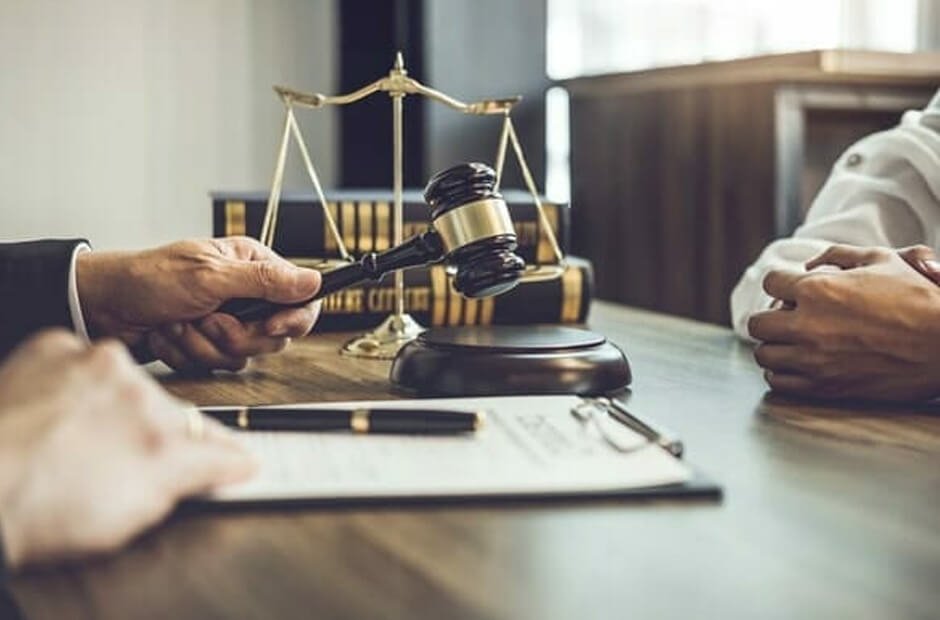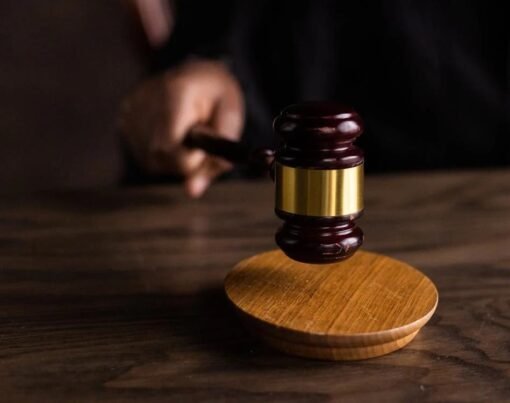When it comes to damages for personal injury claims, there are several types of damages a victim can be awarded. So as someone who has suffered a personal injury, it is pertinent that you have an idea of what type of damages you can expect to receive. It is even more important for you to have a personal injury attorney from a top law firm like; Trevino Law that can help you pursue these claims. In this article, we will explore the several types of damages that are involved in personal injury cases to help you know what to expect.
Table of Contents
Types Of Damages For Personal Injuries
There are two main types of damages for personal injury claims. These include compensatory damages and punitive damages.
Compensatory damages
Compensatory damages are damages that seek to reimburse you for all the costs associated with your injury. They are further divided into general compensatory damages and special compensatory damages.
General compensatory damages
General compensatory damages, also referred to as non-economic damages, are those damages that cannot be calculated easily or quantified. Examples include:
- Pain and suffering
This covers long-term physical pain, such as mental anguish and emotional distress, such as PTSD, depression, insomnia, and so on, that may have resulted from the injury.
- Reduced quality of life
Some personal injuries may leave the victims with disabilities that would impact their quality of life, making them unable to enjoy or live life as they used to before sustaining the injuries. Examples of such injuries may include injuries from auto accidents, slips and falls, product liability, etc.
- Loss of enjoyment of life
This is similar to reduced quality of life. When people who have suffered personal injuries cannot carry out activities they derive joy from, such as sports activities or musical performances, they can pursue damages for loss of enjoyment of life.
- Loss of companionship
This type of damage is awarded to the spouse of a victim who died as a result of a personal injury. It covers the emotional distress or trauma suffered by the spouse following the loss of their partner.
Special Compensatory Damages
This is also referred to as economic damage. They reimburse those quantifiable or monetary expenses you made due to your injury. Examples include:
- Medical expenses
This accounts for all the hospital-related costs you’ve made and are yet to make. It includes the cost of medical bills, hospital stays, lab tests, surgery, physical therapy, rehabilitation, prescription medications, doctor’s appointment, medical transportation, home care, and more.
- Property damage
If your property, such as your vehicle, was damaged during the accident that led to your injury, you can receive damages for all the expenses involved with the damage to your property; this includes expenses made while repairing or replacing the damaged property.
- Loss Of wages Or earning capacity
Loss of wages covers the wages you lost due to your injuries, either while receiving treatment at a medical facility or while pursuing your personal injury claim. On the other hand, loss of earning capacity covers the wages you’ll be unable to earn in the future, most commonly as a result of a disability caused by the injury.
- Loss of irreplaceable items
If you lost an irreplaceable item, such as a family heirloom, in the cause of the personal injury incident, possibly during an accident, you may be able to receive damages for the lost or damaged items.
- Canceled trips
If you were planning a large trip before the personal injury incident but were unable to keep up with your plans due to the injury, you may be able to receive damages for all the expenses and financial losses you incurred due to the altered trip.
Punitive Damages
Unlike compensatory damages, punitive damages are not intended to reimburse you for your loss; rather, they are intended to punish the defaulting party that caused your personal injury or the wrongful death of a loved one. Although less frequently awarded, punitive damages are usually awarded when the court has reasons to believe that compensatory damages are not enough to prevent the defaulting part from causing the same damages to others.
The chances of a victim being awarded punitive damage by the court are higher if the defaulting party acted with gross negligence or malicious intent. In other words, although the punitive damage will be awarded to the victim, they are not really about the losses suffered by the victim but about extreme negligence or recklessness on the part of the defaulting party that led to the incident. Hence, punitive damages are intended to punish gross negligence and also to prevent others from doing the same.
Have you suffered a personal injury? Contact a personal injury attorney to help you fight your case.










